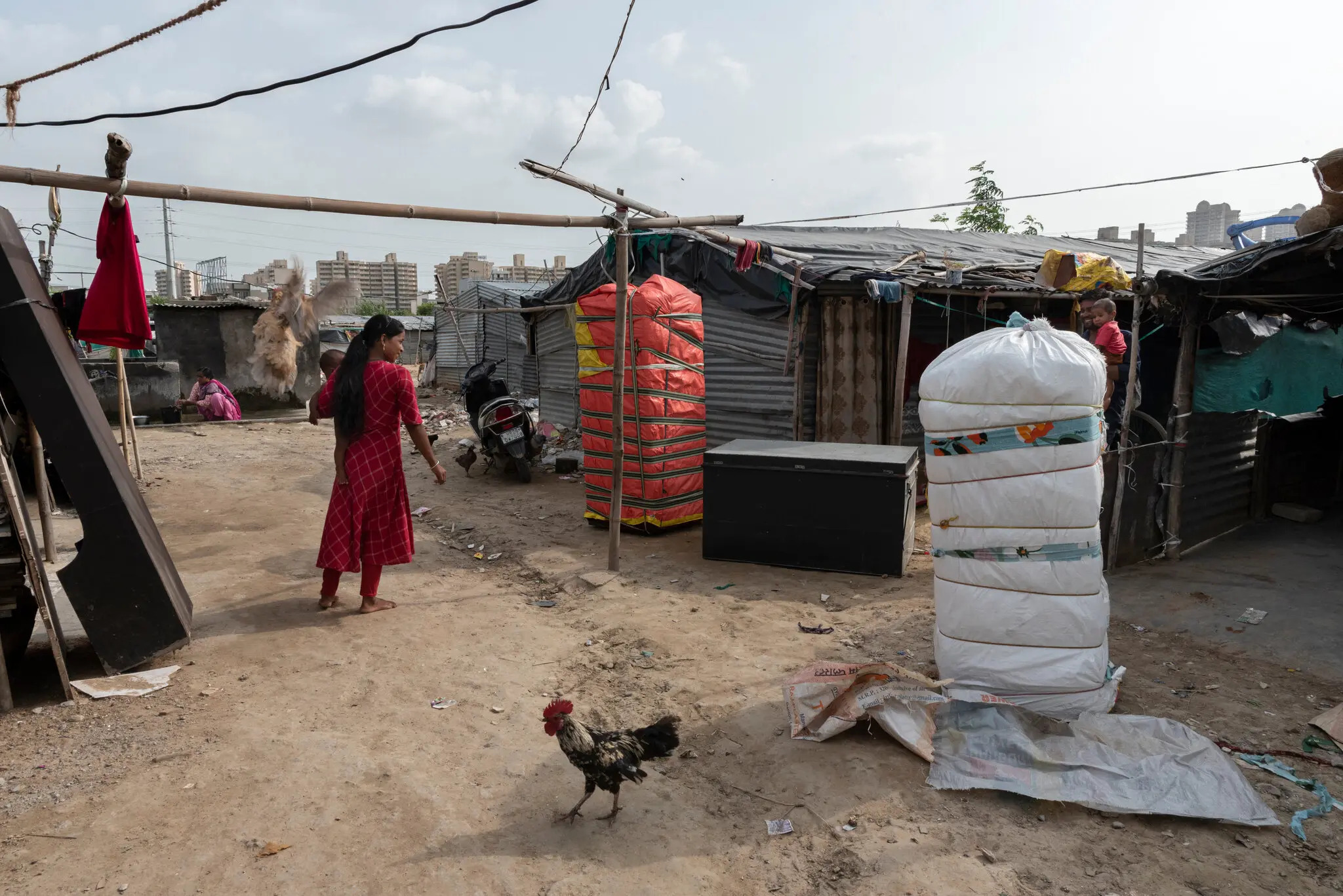Can India’s Global Ambitions Survive Its Deepening Chasms at Home?
India’s hosting of the G20 summit this weekend will put its growing power on display. But its leader’s divisive religious politics threaten its rise.
Inside a sprawling golf resort south of New Delhi, diplomats were busy making final preparations for a fast-approaching global summit meeting. The road outside was freshly smoothed and dotted with police officers. Posters emblazoned with the image of Prime Minister Narendra Modi bore the slogan he had chosen for the occasion: One Earth, One Family, One Future.
Not far away, however, were the remnants of bitter division: grieving families, charred vehicles and the rubble of bulldozed shops and homes. Weeks before, deadly religious violence had erupted in the Nuh district, the site of the resort. The internet was shut down, and thousands of troops were rushed in. Clashes quickly spread to the gates of Gurugram, a tech start-up hub just outside New Delhi that India bills as a city of the future.
These scenes sum up India’s contradictions as it basks in its moment this weekend as host of the Group of 20: Its momentum toward a bigger role in a chaotic world order is built on increasingly combustible and unequal ground at home.
Mr. Modi, India’s most powerful leader in decades, is attempting nothing less than a legacy-defining transformation of this nation of 1.4 billion people.
On the one hand, he is trying to turn India into a developed nation and a guiding light for the voiceless in a Western-dominated world. The country, now the world’s most populous, is the fastest-growing major economy, adept digitally and awash in eager young workers. It is also a rising diplomatic power that is seeking to capitalize on the frictions of the superpower competition between the United States and China.
On the other hand, Mr. Modi is deepening fault lines in Indian society with an intensifying campaign to reshape a vastly diverse country, held together delicately by a secular constitution, into a Hindu state. His party’s efforts to rally and elevate Hindus — both a lifelong ideological project and a potent lure for votes — have marginalized hundreds of millions of Muslims and other minorities as second-class citizens.
The question for India, as Mr. Modi seems poised to extend his decade-long rule in an election early next year, is how much the instability caused by his religious nationalism will hinder his economic ambitions.
The sectarian clashes in Muslim-majority Nuh were sparked by a religious march held by a right-wing Hindu organization that falls under the same Hindu-nationalist umbrella as Mr. Modi’s Bharatiya Janata Party, or B.J.P.

